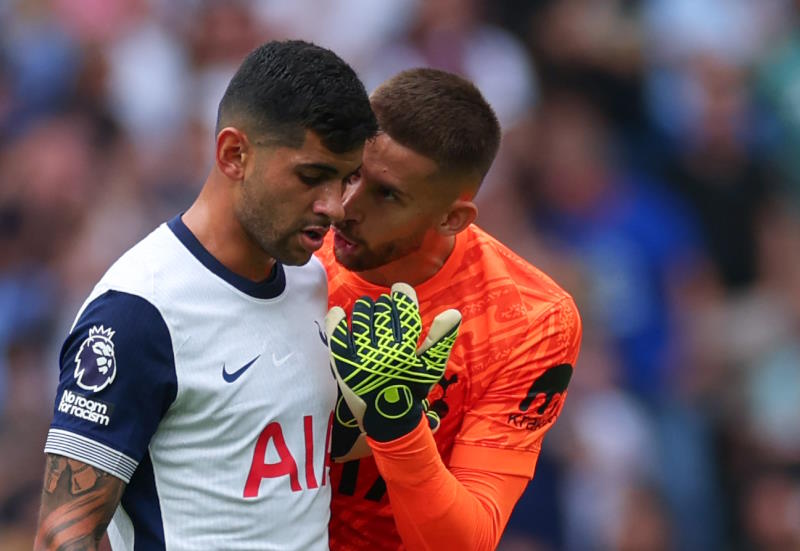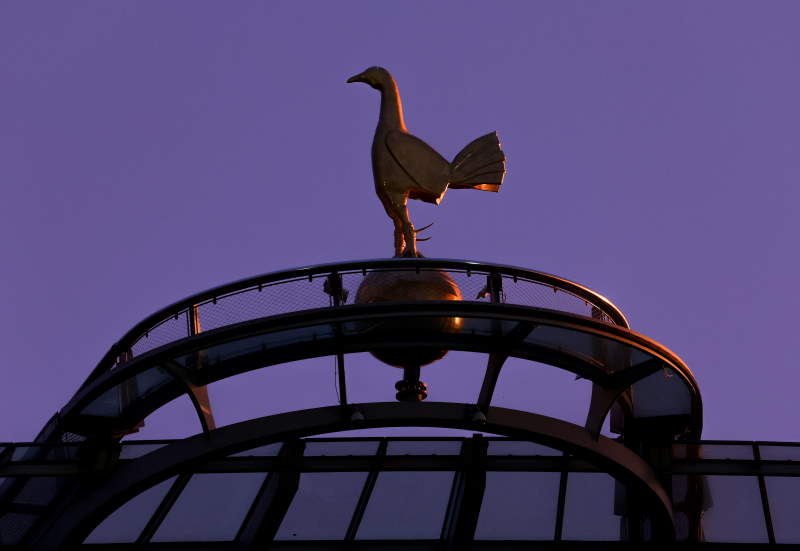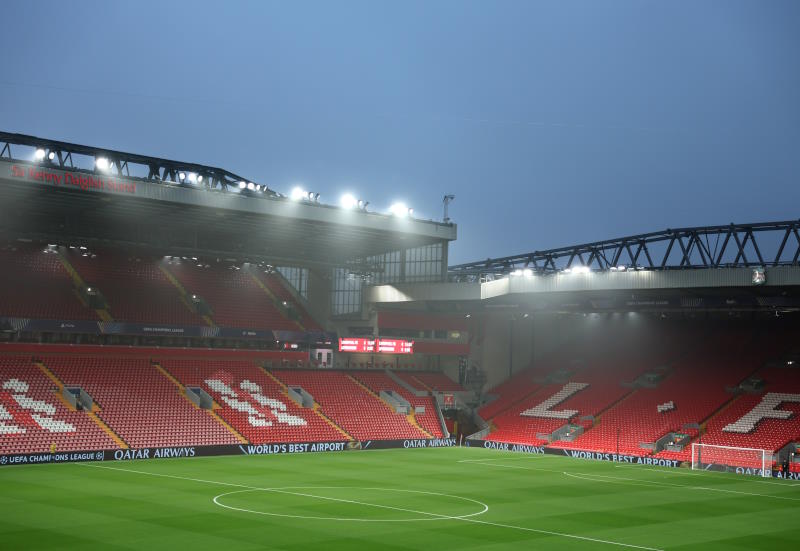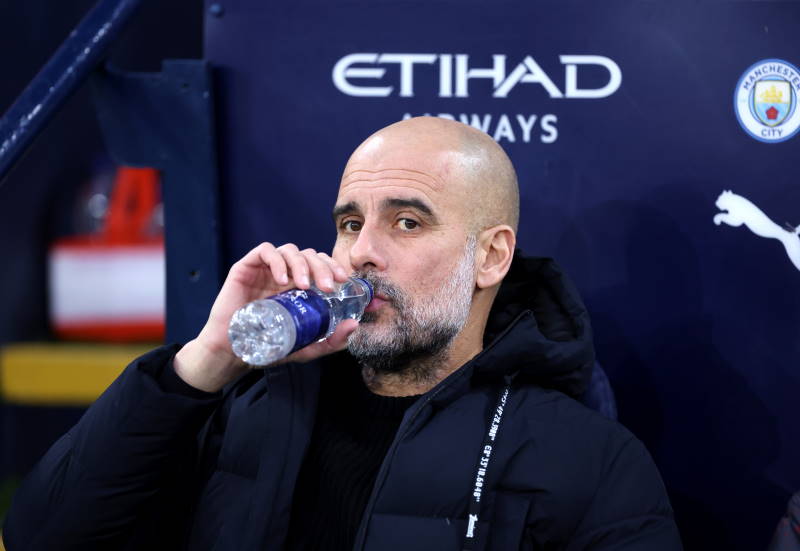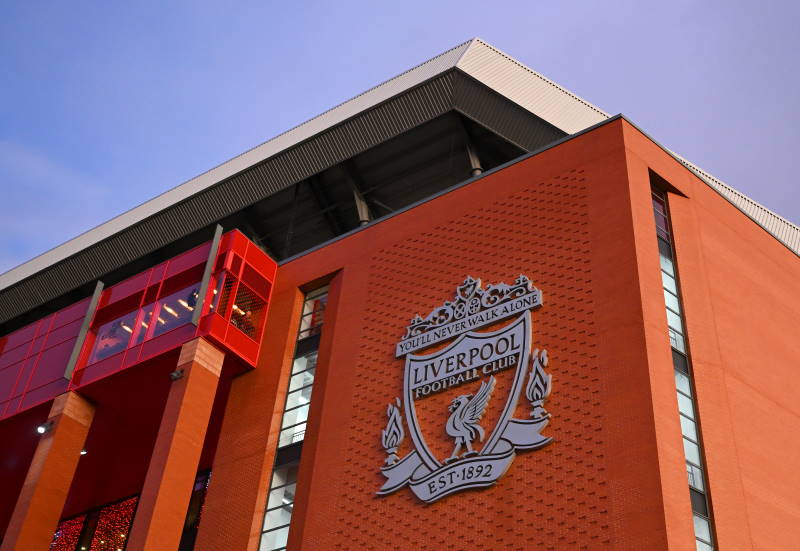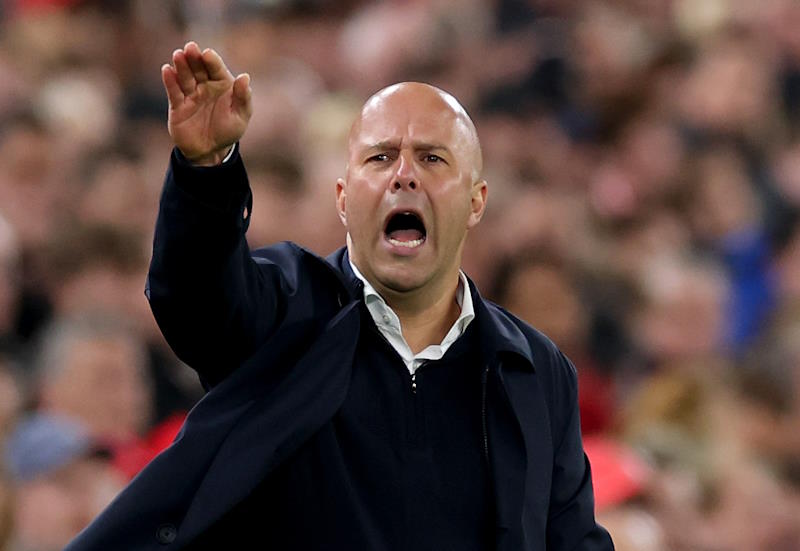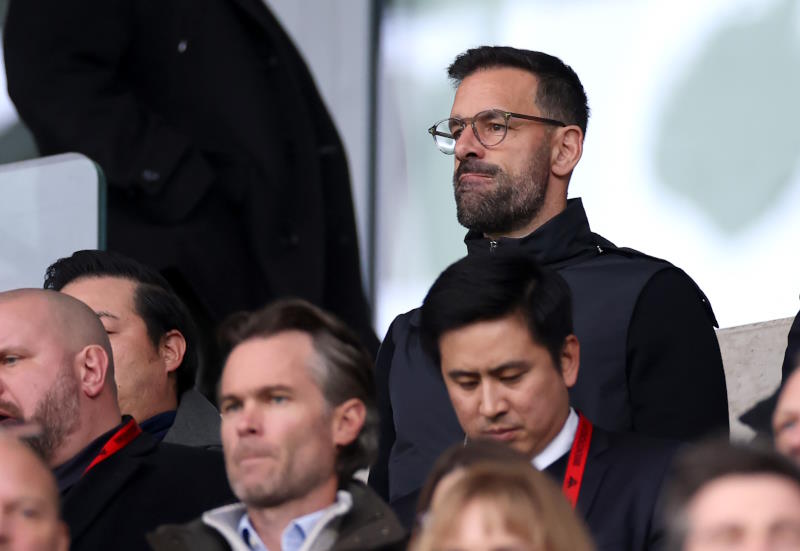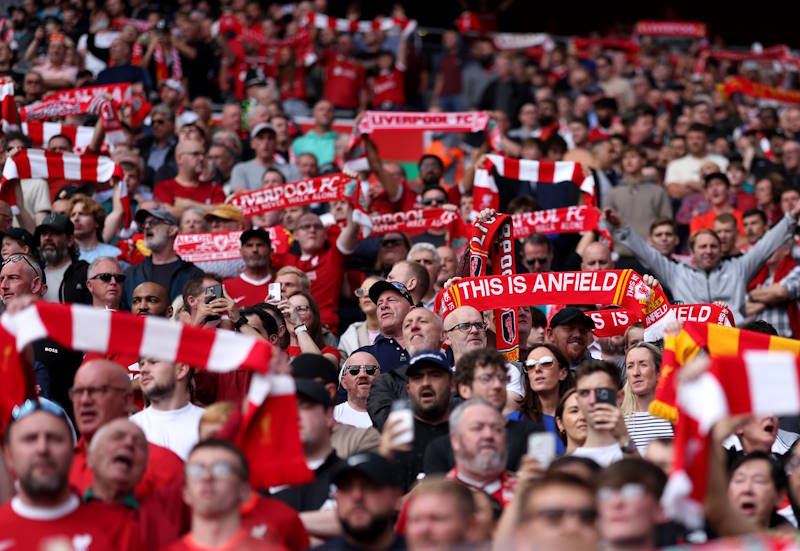
Ben Somerford
Of all the nations in the world, it might come as a surprise to some, that other than the hosts it is New Zealand who are the closest team to qualifying for the 2010 World Cup in South Africa.
The New Zealand national football team, or the All Whites as they are affectionately known, are just 180 minutes away from a spot in the World Cup finals.
The All Whites as Oceania champions, will face the fifth best AFC nation over two legs in the inter-continental Playoff in November next year to decide who goes to South Africa.
And for New Zealand, who haven’t reached the World Cup finals since 1982, qualification for South Africa would be a welcome boost for football in the rugby-mad nation.
Indeed, in New Zealand football takes a backseat to other sports such as rugby union, cricket, rugby league and netball. Nonetheless, the nation’s governing body of football, New Zealand Football (NZF), is a modest yet ambitious organization and eager to promote its code in the ‘Land of the Long White Cloud’.
And for NZF, they see qualification for 2010 as crucial to developing their code in New Zealand. Thus for the current campaign, NZF has channeled a lot of their humble resources into this task, making the success of the All Whites their main focus.
Unfortunately, in the current economic climate of New Zealand, it seems the success of the national team is essential for the code as the sport faces an increasingly uncertain future.
Just weeks prior to the beginning of the eight team domestic league, the New Zealand Football Championship (NZFC), a crisis of funding emerged creating uncertainty about the league, resulting in NZF having to take drastic action to make changes to the competition.
As NZF CEO Michael Glading explained, “The current economic environment along with a reduction in trust funding has hit some franchises more than others, but all of them have worked together with NZF to find the best possible solution for this season.”
That solution was to reduce the regular league season from 21 to 14 matches and to extend the playoffs. Despite the immediate changes, Glading worryingly admitted a January review would take place to assess the future viability of the competition beyond this season.
To make matters worse for NZF, earlier this month AFC president Mohammed Bin Hammam spoke about removing New Zealand’s Wellington Phoenix from the Australian A-League when their licence expires in 2011 because he couldn’t see why a club from the Oceania confederation should play in a league in the Asian confederation.
The Phoenix, who compete in Australia’s top flight, is home to many current All Whites including 2007 New Zealand Player of the Year Shane Smeltz. The Wellington-based club’s existence is crucial to the development of football in New Zealand but the AFC president’s comments have put that in doubt.
So with these problems in mind, getting the All Whites to South Africa in 2010 is NZF’s main focus.
The All Whites, coached by Ricki Herbert, a former New Zealand international who played in the nation’s only World Cup finals in 1982, have passed their first test on the road to qualification, having successfully passed Oceania’s challenges, disposing of the likes of Fiji, New Caledonia and Vanuatu.
But November 2009 is when the All Whites will face their true test and they know it.
So preparation is the key for Herbert’s men who have surged from 111th to 54th in the FIFA rankings on the back of their performances in becoming champions of Oceania.
To ready themselves for November’s test, the All Whites are desperate to secure friendlies and March 28 and April 1 have been penciled in as dates for these matches. In the past though, New Zealand have struggled to attract quality opponents for friendly matches, but, buoyed by their improved FIFA ranking, NZF are optimistic they can organize some preparation matches for the All Whites.
The All Whites also, as Oceania champions, are guaranteed the exciting opportunity of competing in next June’s Confederations Cup in South Africa. The tournament will be a fantastic chance to prepare for their November World Cup qualifying playoff.
New Zealand have been drawn in the same group as European champions Spain, Asian champions Iraq and hosts South Africa for the tournament.
Herbert was excited by the draw saying, “To play the number one team in the world (Spain) is fantastic.”
The All Whites boss was also pleased with the draw pitting New Zealand against an Asian opponent, saying, “Obviously Iraq, coming out of Asia as champions, and leading through to a World Cup playoff out of that group in November, it gives us a great chance to benchmark ourselves and see what work is needed after that.”
“It’s the one team (Iraq) in the event that gives us something that’s needed, so it’s a perfect draw for us,” Herbert added.
The All Whites boss previously was desperate to play Middle East or Asian teams in friendlies prior to November’s inter-continental playoff, to ready themselves against potential opponents, but drawing Iraq in the Confederations Cup has eased his anxiety.
Herbert added on the topic of the March 28 and April 1 friendlies, “My preference was to head into the Middle East or Asia but given the context of the teams that we’ve drawn in the Confederations Cup, there may be some flexibility to track into a different area.”
“We want to pit ourselves against top quality opposition in 2009 because that will be that will be the only thing that stands us in good stead come November,” Herbert concluded.
It seems clear that the All Whites main concern is preparation, and considering they have at their disposal the likes of Blackburn Rovers skipper Ryan Nelsen, Celtic-based striker Chris Killen and New York Red Bulls defender Andrew Boyens along with their Wellington Phoenix brigade of stars, they do boast the quality to reach South Africa in 2010.
But for now, even though they might be just 180 minutes of football away from the World Cup, the All Whites have over 11 months to wait before they get their chance to prove their wares and win their place in the finals.
So for the time being, NZF and Herbert know they need to be planning meticulously to ensure the All Whites have the best chance to break their 28 year drought and give New Zealand football a lifeline when it needs it most.

